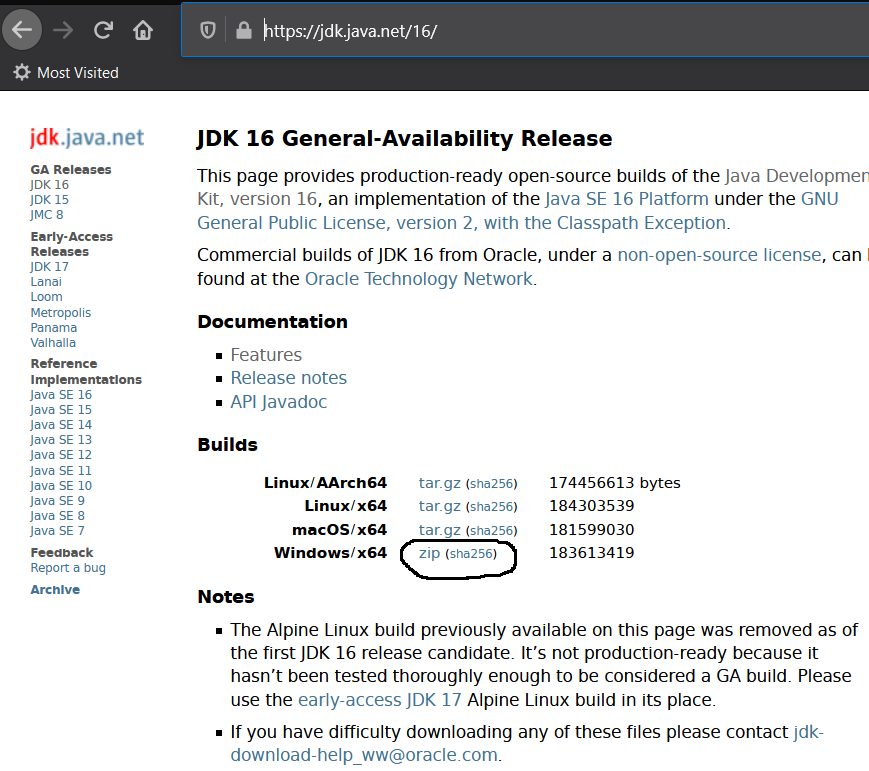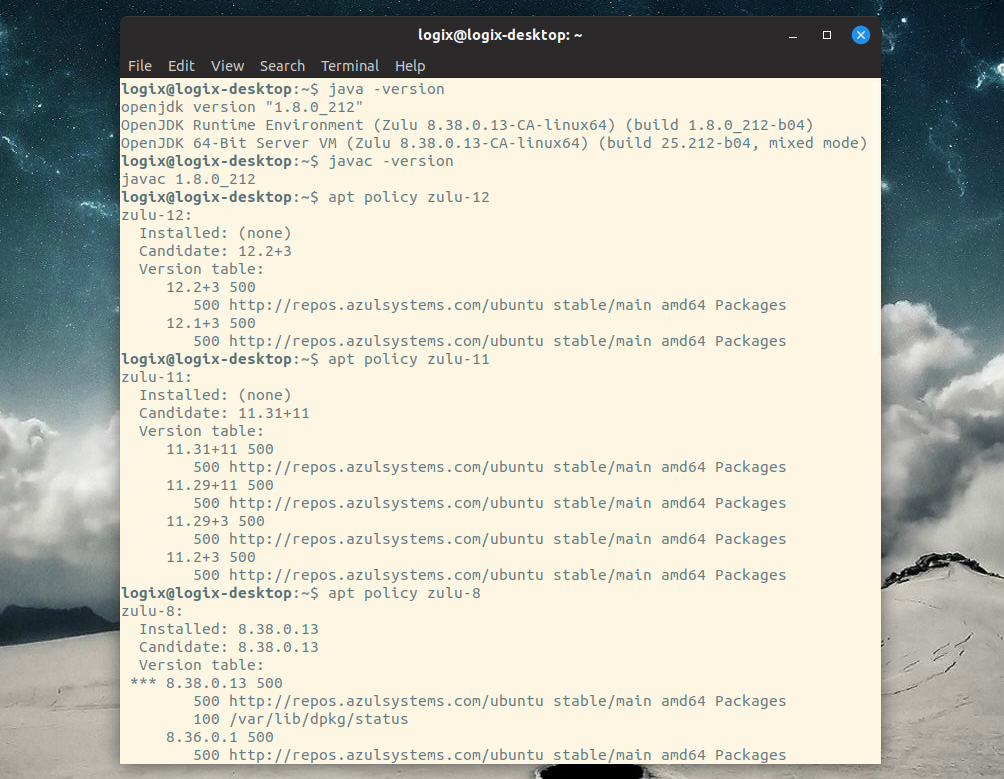
- #OPENJDK 7 DOWNLOAD COMMAND LINE INSTALL#
- #OPENJDK 7 DOWNLOAD COMMAND LINE UPDATE#
- #OPENJDK 7 DOWNLOAD COMMAND LINE MANUAL#
Press to keep the current choice, or type selection number:
#OPENJDK 7 DOWNLOAD COMMAND LINE MANUAL#
here are 4 choices for the alternative java (providing /usr/bin/java).Ĥ /usr/lib/jvm/jdk-17/bin/java 1711 manual mode

Now when you run the commands again to list the available Java packages, you should see Oracle Java as an alternative. sudo update-alternatives -install /usr/bin/java java /usr/lib/jvm/ jdk-17/bin/java 1711 The commands below configure Ubuntu to use Java alternatives. jdk-17_linux-圆4_bin.debĪfter that, run the commands below to add Oracle Java as an alternative on Ubuntu.
#OPENJDK 7 DOWNLOAD COMMAND LINE INSTALL#
Now that you’ve downloaded the correct archive package for your system, run the commands below to install Oracle Java.Īgain, the current latest version is jdk-17 sudo apt install. Wget -no-check-certificate -c -header "Cookie: oraclelicense=accept-securebackup-cookie" " " You may have to replace the highlighted line in the commands below with the latest as it becomes available. At the time of this writing, the current latest version of Java JDK is jdk-17 You can also easily install Java DEB package by running the commands below. If there’s a newer version number then the one below, select it instead. Take notes of the version number you’re downloading. At the time of this writing, the latest Oracle Java version is 17.ĭownload the latest Java SE Development Kit 17 LTS release from it from the link below. If prefer to install Oracle JAVA instead of the open source version above then use the steps below. That should do it! You have successfully install OpenJDK on Ubuntu Linux. That should output similar line as shown below: /usr/lib/jvm/java-17-openjdk-amd64 Verify that the JAVA_HOME environment variable was correctly set: echo $JAVA_HOME Run the commands below to save your changes. Then add a line for Java 17 as below: JAVA_HOME="/usr/lib/jvm/java-17-openjdk-amd64" To set their homes, run the commands below to open the system environment file. You can set the default home by using the lines above in the config file.įor Java 17, it displays /usr/lib/jvm/java-17-openjdk-amd64 and Java 8, it’s /usr/lib/jvm/java-8-openjdk-amd64.

Some program require that JAVA_HOME is configured on the system. Press to keep the current choice, or type selection number: 0 * 0 /usr/lib/jvm/java-17-openjdk-amd64/bin/java 1711 auto modeġ /usr/lib/jvm/java-11-openjdk-amd64/bin/java 1111 manual modeĢ /usr/lib/jvm/java-17-openjdk-amd64/bin/java 1711 manual modeģ /usr/lib/jvm/java-8-openjdk-amd64/jre/bin/java 1081 manual mode There are 3 choices for the alternative java (providing /usr/bin/java). Enter the number of the version you want to be used as the default and press Enter You will be presented with a list of all installed Java versions. If you have multiple versions of Java installed, simply use the commands below to set which one should be the default for your system. For those, they can install the previous Java LTS which was version 8. Some applications still don’t fully support the latest OpenJDK 17. Sudo apt install openjdk- 17-jdk-headless

#OPENJDK 7 DOWNLOAD COMMAND LINE UPDATE#
If you only want to run the bare minimal of Java Runtime, then run the commands below: sudo apt update

If you also want to install Java JRE, part of the OpenJava suite, then simply run the commands below: sudo apt update OpenJDK 64-Bit Server VM (build 17+35-Ubuntu-120.04, mixed mode, sharing) OpenJDK Runtime Environment (build 17+35-Ubuntu-120.04) That should display similar lines as show below: openjdk version "17" Once OpenJDK is installed, you can verify and validate that Java is installed, by running the command below: If there’s a newer version available from the link above, then install it instead. To install OpenJDK 17 on Ubuntu, run the commands below. At the time of this writing, OpenJDK 17 is the latest stable version that can be installed on Ubuntu. It’s highly compatible with Ubuntu and if you don’t know which version of Java to install, the open source version should use selected. OpenJDK is the open source version of Java. If you instead want to install Oracle Java, then use the second method below. When you’re ready to install both Java software, use either methods below: If you prefer to go with the open source version, then install OpenJDK. JDK includes JRE and development/debugging tools and libraries necessary to build Java applications. JRE consists of the Java virtual machine (JVM), classes, and binaries that allow you to run Java programs. OpenJDK consists of Java Runtime Environment (JRE) and Java Development Kit (JDK).


 0 kommentar(er)
0 kommentar(er)
